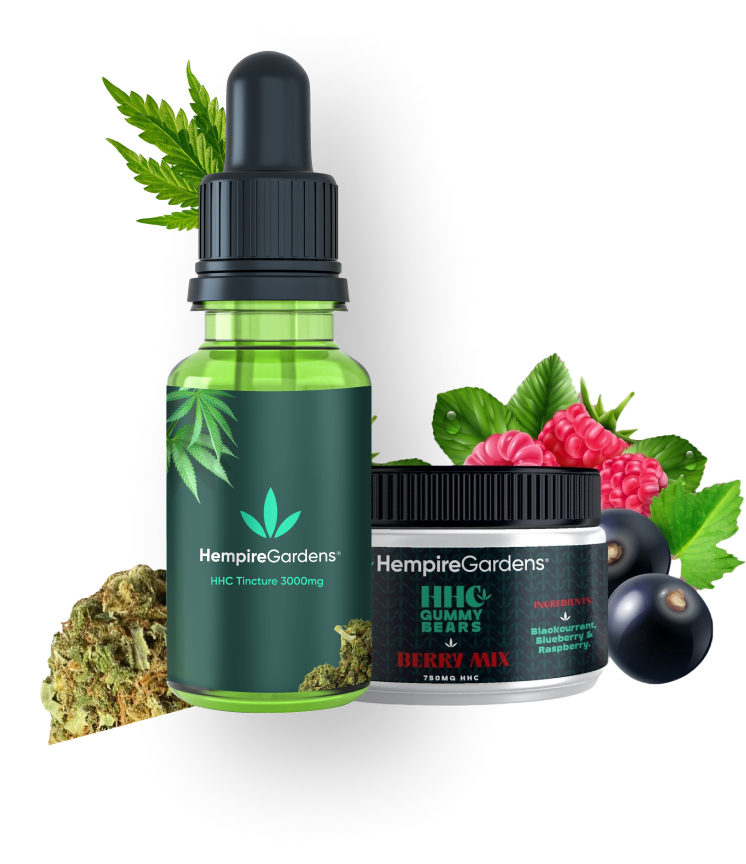In recent years, the cannabis industry has moved far beyond THC and CBD. One of the most intriguing developments is the emergence of THCP, or tetrahydrocannabiphorol — a potent cannabinoid that’s drawing increasing attention across Europe. Two popular forms of this compound — THCP vapes Europe and THCP hash — are quickly becoming topics of interest among both users and researchers.
This article takes a closer look at what THCP is, how it’s used, and why it’s gaining traction in different forms like vape cartridges and hash. While still a niche compound, THCP’s presence is growing — especially in Europe, where the cannabis market is undergoing rapid transformation.
What Is THCP?
THCP is a naturally occurring cannabinoid found in trace amounts in the cannabis plant. First identified by Italian scientists in 2019, it stands out due to its unique chemical structure. Unlike THC, which has five carbon atoms in its alkyl side chain, THCP has seven. This small variation results in a significant difference: THCP binds to the body’s CB1 receptors much more effectively — reportedly up to 30 times more than THC.
This high binding affinity suggests that THCP could be significantly more potent than THC. While this potency is still under scientific investigation, anecdotal reports already point to stronger psychoactive effects, deeper relaxation, and longer-lasting impact.
Why THCP Is Gaining Ground in Europe
Europe is known for its diverse cannabis policies and growing interest in alternative wellness products. From Germany’s ongoing push toward cannabis regulation to the burgeoning hemp industries in countries like Switzerland and the Czech Republic, the continent is evolving rapidly.
In this changing environment, THCP vapes Europe are becoming a preferred method of exploring this powerful cannabinoid. Vaping is already a popular consumption method, and combining it with a novel compound like THCP appeals to users looking for faster onset and more controlled effects.
At the same time, THCP hash is emerging as another sought-after form, especially among users who prefer traditional methods of consumption or are familiar with hash as part of Europe’s long cannabis culture. Hashish, which is typically made from compressed resin glands (trichomes), now sees innovation with the infusion or extraction of minor cannabinoids like THCP — creating hybrid products that blend old-world traditions with cutting-edge science.
THCP Vapes in Europe: Uses and Advantages
Vaping THCP offers a number of advantages, particularly for users who want precision and speed in their cannabinoid experience. These include:
- Rapid Absorption: Inhaled cannabinoids enter the bloodstream almost immediately through the lungs, allowing users to feel the effects within minutes.
- Controlled Dosing: Since THCP is much more potent than THC, vaping allows users to start with small puffs and gauge the impact gradually.
- Discreet Use: Vapes are easy to carry, produce minimal odor, and are less intrusive compared to smoking or edible consumption.
Given the regulatory complexities in Europe, many users are gravitating toward vaping as a discreet and accessible method of experiencing cannabinoids — particularly in areas where medical cannabis is restricted or still under review.
THCP Hash: A Fusion of Tradition and Potency
Hash has been a staple in many parts of Europe for decades, especially in regions with close cultural ties to North African cannabis traditions. As the cannabis community becomes more curious about rare cannabinoids, THCP hash has begun to appear as an experimental and artisanal product.
Unlike synthetic blends or overly processed concentrates, THCP hash typically combines traditional extraction methods with high-potency cannabinoid content. The result is a product that offers a familiar format with intensified effects.
Users who prefer a full-bodied experience often lean toward hash for its richness in terpenes and minor cannabinoids. When THCP is introduced into that mix, it creates a unique combination of deep relaxation, heightened sensation, and a longer-lasting effect profile.
Legal and Safety Considerations
Europe’s regulatory framework for cannabinoids varies widely by country. While hemp-derived cannabinoids may be legally accessible in some regions, others maintain stricter controls. This inconsistency means that anyone interested in THCP vapes Europe or THCP hash should be cautious and informed about local laws before purchasing or using these products.
Another important consideration is safety and testing. Because THCP is a newer compound, it’s essential to ensure that any product has been tested for purity, contaminants, and accurate potency. Without proper testing, there’s a risk of exposure to harmful additives or misrepresented strengths — especially with such a powerful cannabinoid.
Why THCP Matters in the Bigger Picture
THCP’s rise is more than just a passing trend. It represents the broader shift toward understanding the full spectrum of compounds within the cannabis plant. As the science progresses and more is understood about THCP’s potential therapeutic and psychoactive effects, its place in both recreational and medicinal cannabis use is likely to grow.
Whether it’s through vaping or traditional hash, THCP provides a new way for individuals to explore what cannabis can offer — beyond the limits of THC and CBD. For researchers, it’s a new frontier. For users, it’s an opportunity to tailor their experience with greater precision and potency.
Final Thoughts
As the European cannabis market matures, curiosity about rare cannabinoids like THCP is only set to increase. The popularity of THCP vapes Europe and THCP hash reflects a growing desire for both innovation and customization in cannabis experiences. But with that comes a need for education, caution, and respect for the power of this compound.
For those navigating this evolving space, understanding what THCP is — and how it interacts with the body — is essential. While the journey is still in its early stages, THCP has already made a strong impression and may well become a central part of the cannabinoid conversation in years to come.
